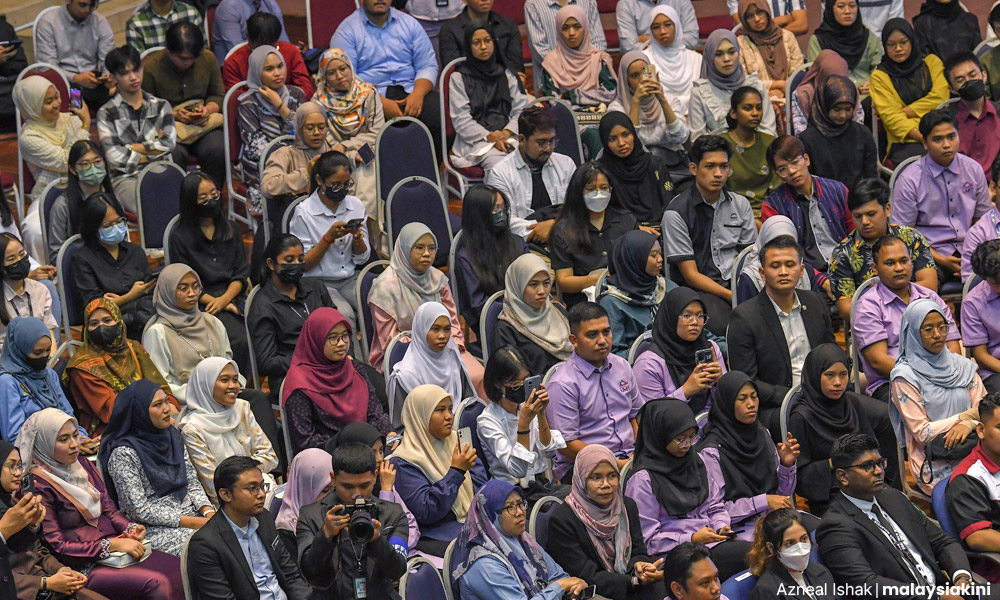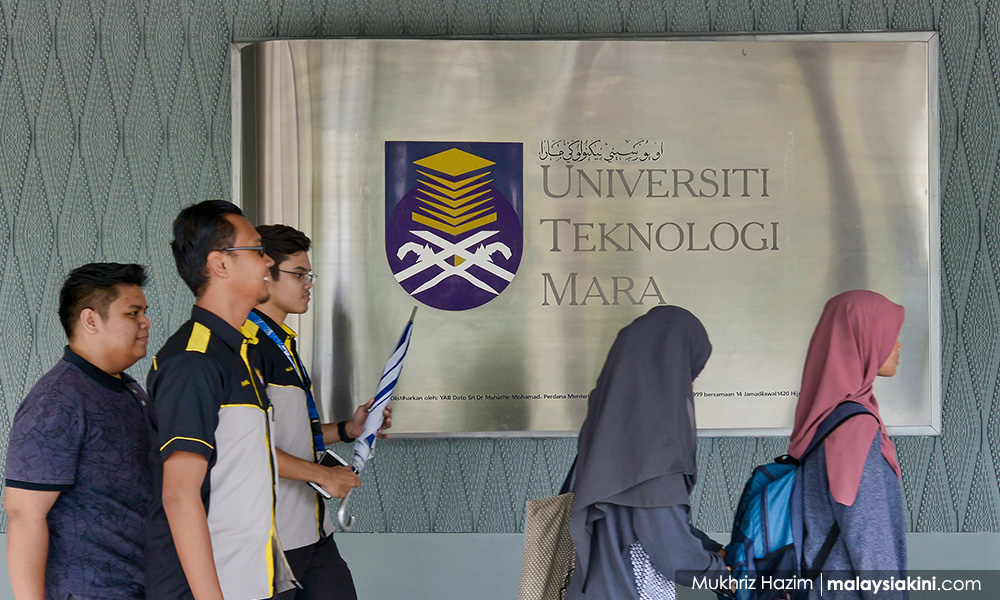In 2023, a video of a Malaysian graduate giving a powerful speech at his convocation ceremony went viral and touched the hearts of many Malaysians.
He spoke out against the discriminatory racial quotas at public universities, recounting a story about how his deceased friend failed to secure a spot in matriculation despite good academic results.
The graduate stressed how the government and public universities should practise meritocracy over divisive quotas.
It is believed the narrative surrounding Malaysia’s racial quotas in education, introduced as part of the broader New Economic Policy (NEP) in the early 1970s, was aimed at promoting economic equality among races.
Yet, preferential practices of selecting Malays for elite administrative roles date back to the colonial period.
These practices were formally recognised in the 1948 Federation of Malaya Agreement and enshrined in Article 153 of the Malaysian Constitution.
The shift in 1971 was significant, marking the creation and systematic implementation of a wide-ranging ethnic preferential policy.
This policy was manifested in higher education through quota systems for public university admissions to ensure substantial representation of bumiputera and the establishment of higher education institutions primarily serving bumiputera students.
In 1971, Malay enrolment in tertiary education stood at 54.1 percent, which increased to 72.8 percent by 1980.
Effective but controversial
After more than four decades, the implementation of these preferential admissions practices for bumiputera students has resulted in a significant percentage of enrolment (81.9 percent) in public sector institutions, highlighting the policy’s lasting impact and scale in shaping educational opportunities and demographic representation within Malaysia’s higher education landscape.
While these measures have had successes, they also face criticism for perpetuating racial divisions and overlooking meritocracy.

Critics argue that such policies have contributed to a “brain drain”, with talented non-bumiputera students and graduates seeking education and employment opportunities abroad.
This outflow of talent significantly challenges Malaysia’s economic and technological advancement aspirations.
Attempts to implement merit-based admission have not seen much success as the pathways into public higher education are either through nationally standardised or institutional-based assessments.
The racial quotas, part of the broader NEP, aimed at economic parity now translate into a segmented higher education system.
This has been successful in increasing bumiputera representation in higher education but criticised for fostering racial divisions, overlooking meritocracy, and eroding the quality of public-funded higher education in Malaysia.
The effects of this policy extend beyond the confines of university campuses.
Non-bumiputera students, compelled to enrol in the private and more expensive higher education sector, find themselves saddled with substantially heavier and longer student loan repayment.
This financial strain persists deep into their careers and family lives, impacting their economic well-being and resulting in further brain drain.
Proponents of the quota system emphasise its role in ensuring educational opportunities for bumiputera communities, who have historically been economically and educationally marginalised.
They argue that these policies are essential for maintaining social harmony and national cohesion by levelling the playing field.

Conversely, opponents of racial quotas call for a more merit-based system, arguing that talent and hard work should be the primary criteria for educational advancement and promotion.
They highlight the importance of creating a competitive yet fair environment that rewards excellence, irrespective of racial background, to drive the country forward.
Not mutually exclusive
For a constructive discussion on racial quotas, acknowledging the shared objectives of educational equity and national unity is crucial.
The dialogue should evolve from a zero-sum perspective to one embracing the diverse needs and potentials of all Malaysians.
Given Malaysia's unique topography, history, and trajectory, policy reforms for an inclusive future are necessary.
These include embracing meritocracy with sensitivity, offering targeted scholarships and support programmes, and promoting a multicultural educational ethos to combat brain drain.
Implementing a merit-based admissions system that also considers socioeconomic status could ensure that disadvantaged students from all ethnic backgrounds have access to higher education opportunities.
This approach can help balance the need for competitiveness and quality with the imperative of inclusivity and diversity.
Expanding scholarship programmes and support services for underprivileged students, irrespective of their racial background, could mitigate the need for racial quotas.
Such initiatives could focus on rural and economically disadvantaged urban areas, providing a ladder for talented individuals to climb.
Meanwhile, developing a curriculum that mirrors Malaysia's multicultural fabric will foster mutual respect and a unified national identity.

Addressing the brain drain requires creating a conducive environment for career growth and innovation, ensuring equitable employment opportunities, and cultivating a meritocracy culture in both public and private sectors.
The debate over racial quotas in education reflects deeper issues related to national identity, equity, and the vision for Malaysia’s future.
By engaging in a constructive dialogue that seeks to understand and address the concerns of all stakeholders, Malaysia can chart a path towards an educational system that truly reflects the richness of its diversity.
The goal should be to create policies that address historical injustices and adapt to the evolving needs of a dynamic and diverse society.
In doing so, Malaysia can harness the full potential of its people, ensuring that the nation thrives as a beacon of unity and progress while simultaneously achieving the economic progress it desires. - Mkini
ROZILINI MARY FERNANDEZ-CHUNG is an associate professor at the University of Nottingham Malaysia. This article was originally published under Creative Commons by 360info™.
The views expressed here are those of the author/contributor and do not necessarily represent the views of MMKtT.



No comments:
Post a Comment
Note: Only a member of this blog may post a comment.